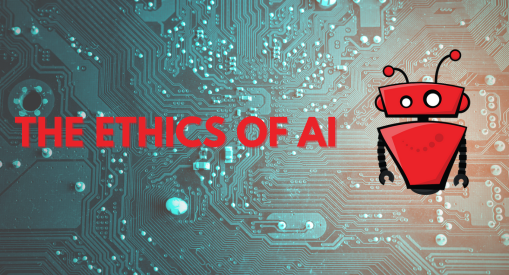The Ethics of AI
Artificial Intelligence (AI) has rapidly evolved from a futuristic concept to an integral part of our daily lives. From self-driving cars and virtual assistants to sophisticated algorithms that influence everything from financial markets to healthcare, AI is reshaping the world in many ways. As we advance into an AI-driven era, it’s important to consider the ethical implications to ensure that these technologies benefit society while reducing potential harm.
One of the most pressing ethical concerns with AI is bias. AI systems learn from vast amounts of data, and if this data contains biases—whether related to race, gender, socioeconomic status, or other factors—the AI can continue these biases. For instance, biased algorithms in hiring processes can lead to discrimination, while biased law enforcement tools can unfairly target vulnerable communities.
Personal Security and Data Protection is another big area of concern. AI systems often rely on large amounts of personal data to function effectively. This raises significant concerns about privacy and data security. The collection, storage, and use of personal data must be handled with the utmost care to protect individuals’ privacy and prevent misuse.
As AI systems become more independent, determining accountability for their actions becomes increasingly complex. If an AI system makes a decision that causes harm or operates in an unintended manner, it can be challenging to pinpoint responsibility. This raises important questions about who should be held accountable: the developers, the users, or the AI itself?
Ethical AI development involves designing systems that enhance human decision-making without replacing it. This means creating AI tools that help while respecting an individual’s ability to make their own choices.
The ethics of AI is a complex and evolving discussion that requires ongoing conversation. As AI continues to advance, it’s important to prioritize ethics to ensure that these innovations contribute positively to society. By discussing the issues of bias, privacy, accountability, and employment impact, we can work towards creating AI systems that are not only powerful but also just and responsible. Engaging in thoughtful ethical discourse and implementing robust guidelines will help us navigate the moral landscape of AI, creating a future where technology serves the greater good.





